In today’s B2B landscape, marketing presents an opportunity that is too good for manufacturing companies to ignore. However creating a marketing plan for manufacturing companies is key to achieving success.
Many B2B and manufacturing companies struggle with finding the right approach for their company. In this article, we’ll provide you with our manufacturing marketing plan template, broken down in five simple steps.
Dive Deeper: The Global Growth Methodology for B2B and Manufacturing Companies
Smart Goal Setting
Time to get specific. The start of any solid marketing plan is setting SMART goals. This well-known acronym for goal setting (Specific, Measurable, Attainable, Relevant, Time-bound) should be overarching throughout the whole marketing effort. Setting specific and measurable targets helps manufacturers identify the strong and weak points of their plan. This way they can gradually improve upon their marketing strategy and become more effective, pivoting towards actions that are the most effective.
Aligning Marketing & Sales
When working on creating a marketing plan for manufacturers, alignment of marketing and sales goals is required. Oftentimes businesses overlook this factor and marketers end up working towards vague targets such as website traffic and SEO ranking. This is just one example of many activities a marketer can carry out without knowing how it will practically affect the company’s bottom line when there is no alignment with sales.
A good starting point is to define the required number of sales opportunities per period. Using that number and considering an assumed conversion rate, you will be able to define how many leads you need to capture through marketing. By setting goals in this fashion, marketing efforts will directly benefit the company in a clear and effective way.
Read more about our “Global Growth Methodology” here >>>
Setting an Annual Plan
Creating a marketing plan for manufacturing companies that is outlined for less than a full year is insufficient. Setting a full-year plan provides a structure that enables companies to move forward with marketing. It is most effective to segment the annual plan into 4 quarters, listing the general content topic and marketing direction for every quarter. This provides consistency and a better focus for the marketing efforts throughout the year.
This kind of annual plan is especially important for manufacturing companies who’s educational content will often involve highly technical industry jargon.
Creating a Detailed Quarterly Plan
Detailing Marketing Actions
The first step is to define the most impactful actions that will help reach our goals. Deciding which persona your company is targeting for each quarter and what content campaign is needed to run for lead generation. Moreover, it is important to have clear content and distribution plans. A content plan should include details beyond just the essence of the copy but also where will the relevant content be published. A checklist should be made for the factors to include for attracting the most qualified traffic to the website.
Creating a Content Plan
A clear content plan allows manufacturers to define exactly the content that will be created about each quarter’s topic. A well-thought-out quarterly content plan is the best way of ensuring systematic, timely publishing of high-quality content.
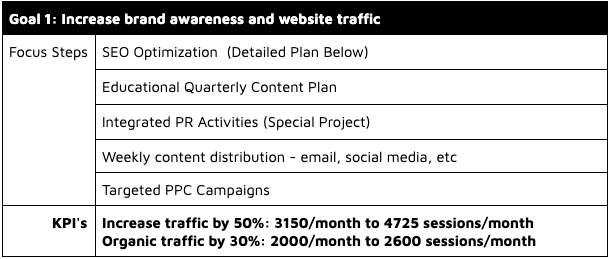
Defining KPI’s
Defining the quarter’s KPIs allows manufacturing companies to track marketing results. By working toward a KPI, marketers can focus on creating a funnel and specify which actions were most effective at converting leads to sales opportunities.
Measuring the Results
No amount of marketing effort is complete if it cannot be measured quickly and effectively. The recommended approach is to use a platform to track and analyze your marketing activities. Although many such platforms exist, we prefer using Hubspot because it provides us with tools to monitor and track results for any type of activity all in one place (for example social media, content, analytics, and SEO), all in one place.
Is Your Company In the Loop?
How effective is your company’s marketing plan? Does your strategy provide enough sales leads, separating you from the competition?
At StepUp, we offer marketing services designed specifically for B2B and manufacturing companies like yours. With a diverse team of seasoned inbound marketers and content specialists, we help build authority and create predictability for increased sales.

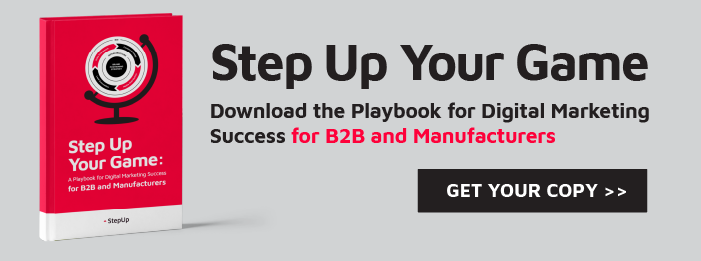

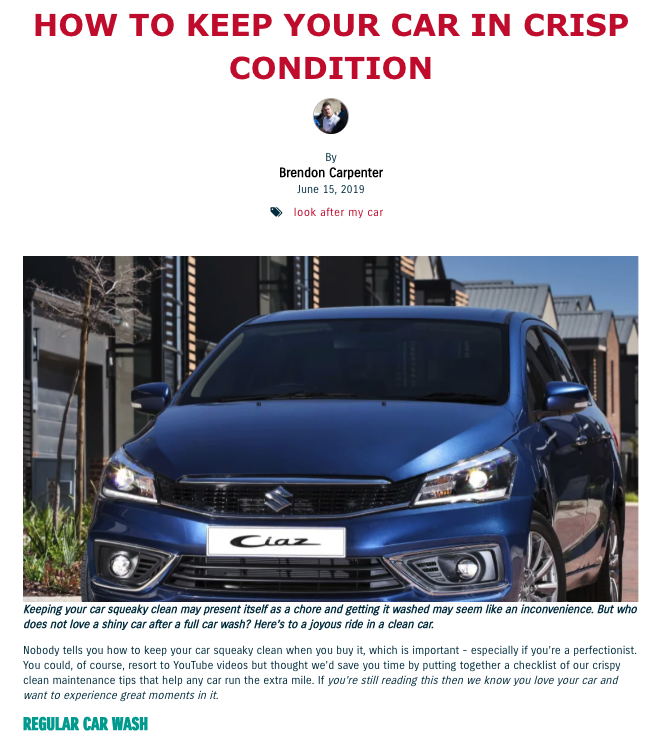
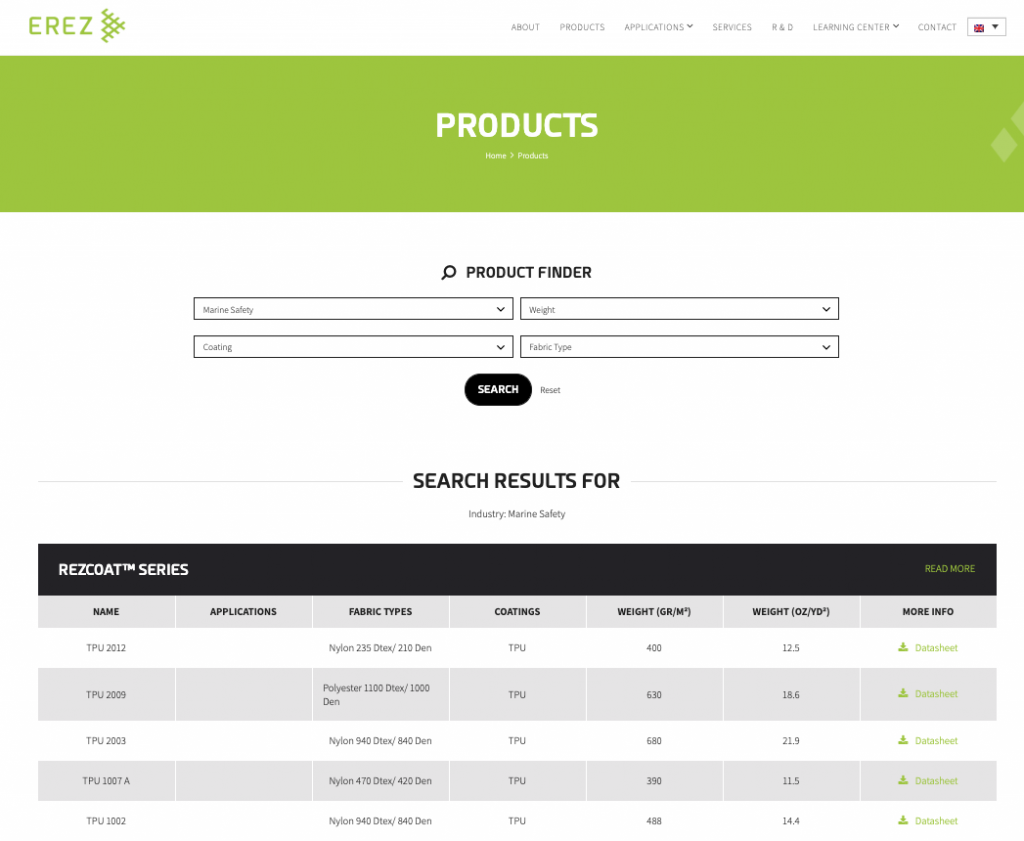
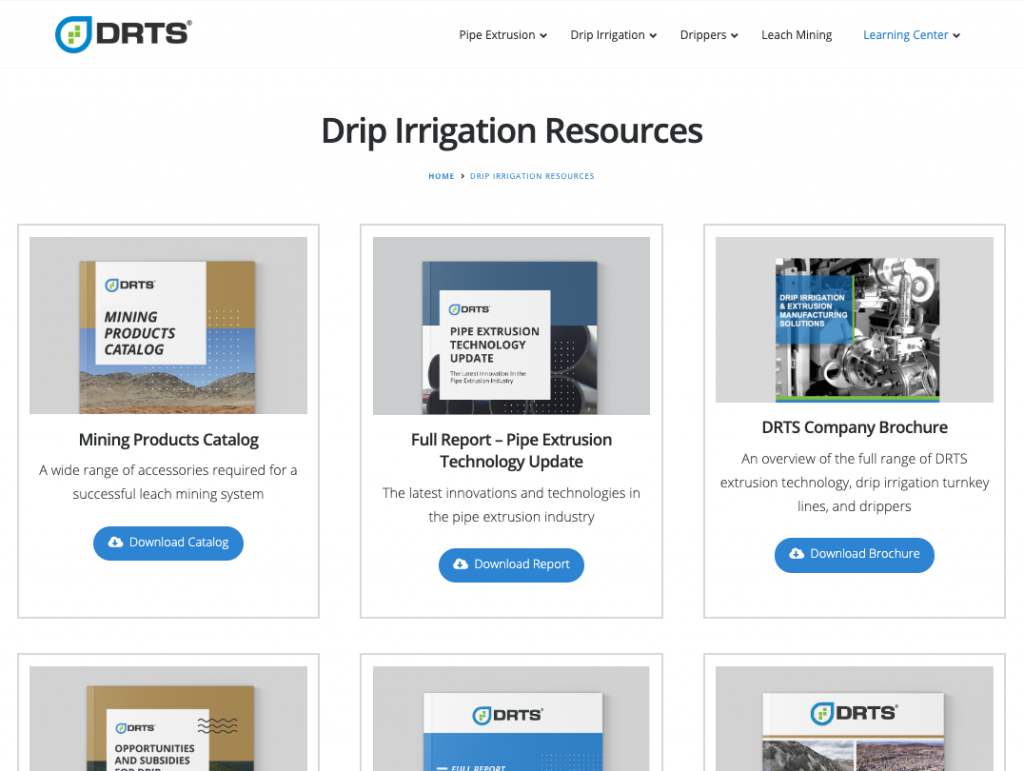
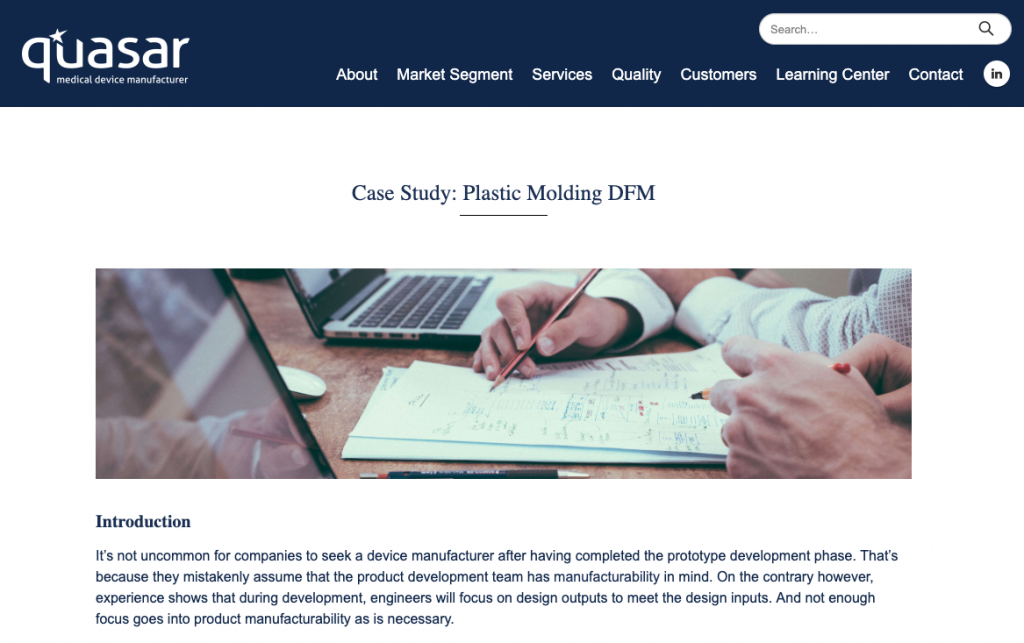
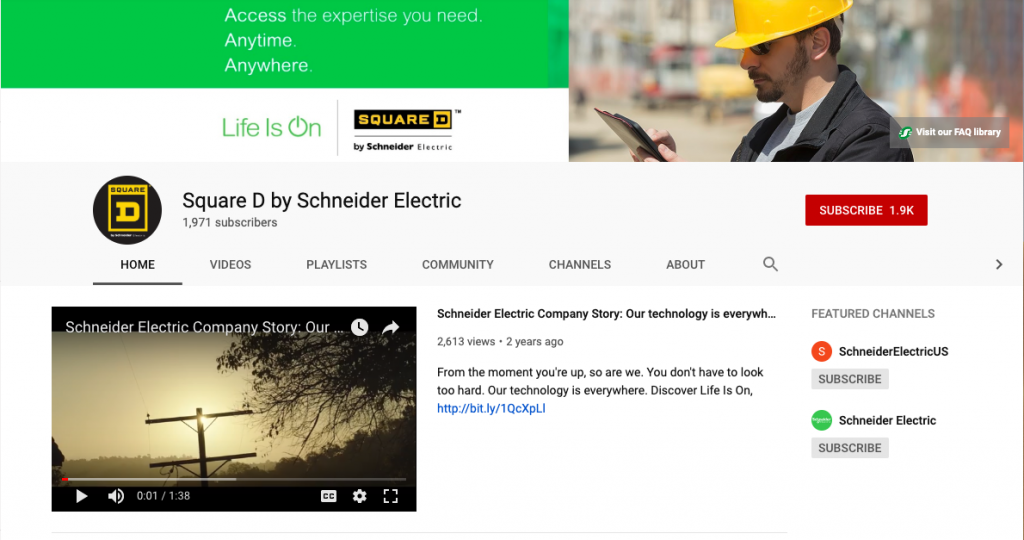








 Digital marketing has become vital in the technical customer’s journey. Where taking part in trade shows and running trade magazine ads used to suffice, manufacturers must now shift towards digital marketing to achieve results.
Digital marketing has become vital in the technical customer’s journey. Where taking part in trade shows and running trade magazine ads used to suffice, manufacturers must now shift towards digital marketing to achieve results.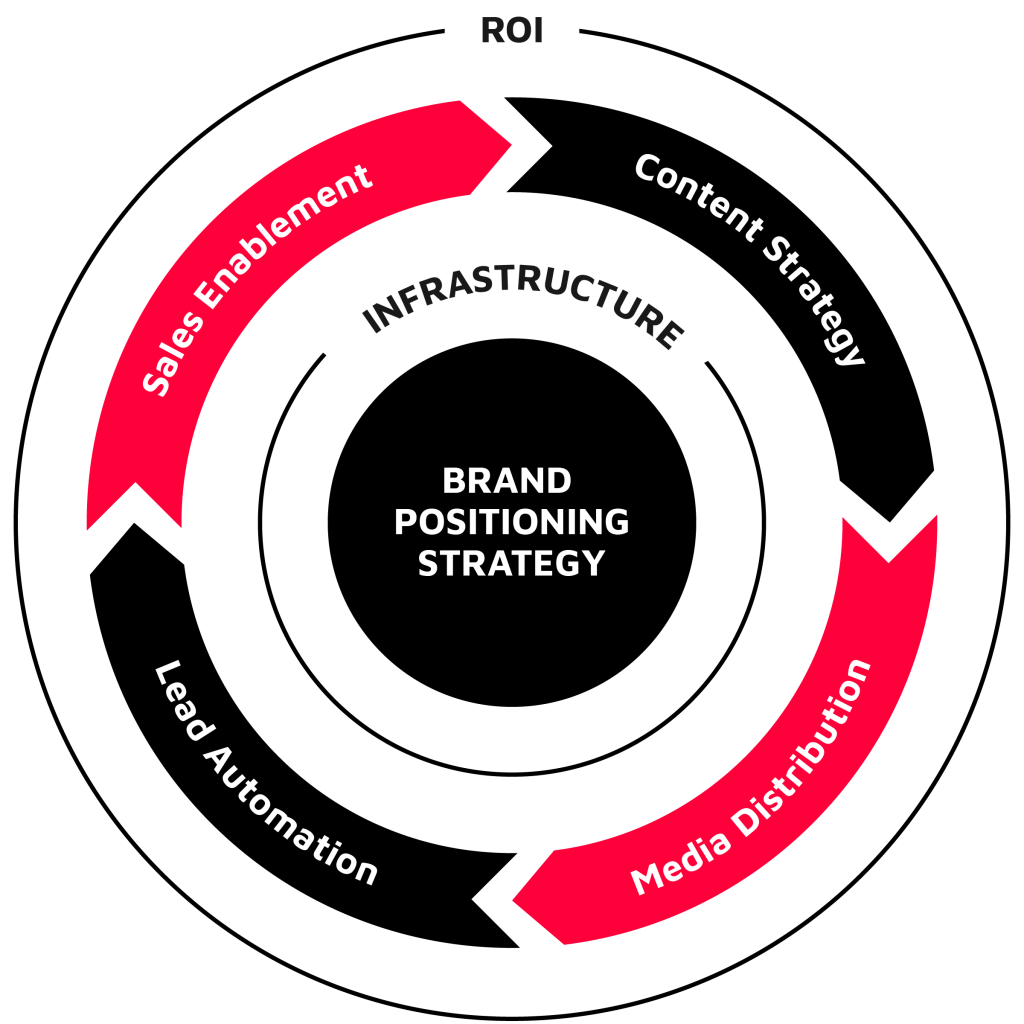 We at
We at 